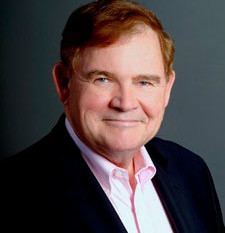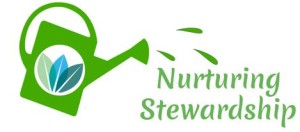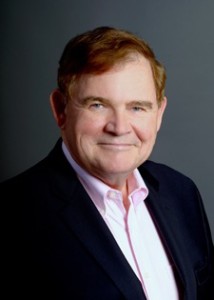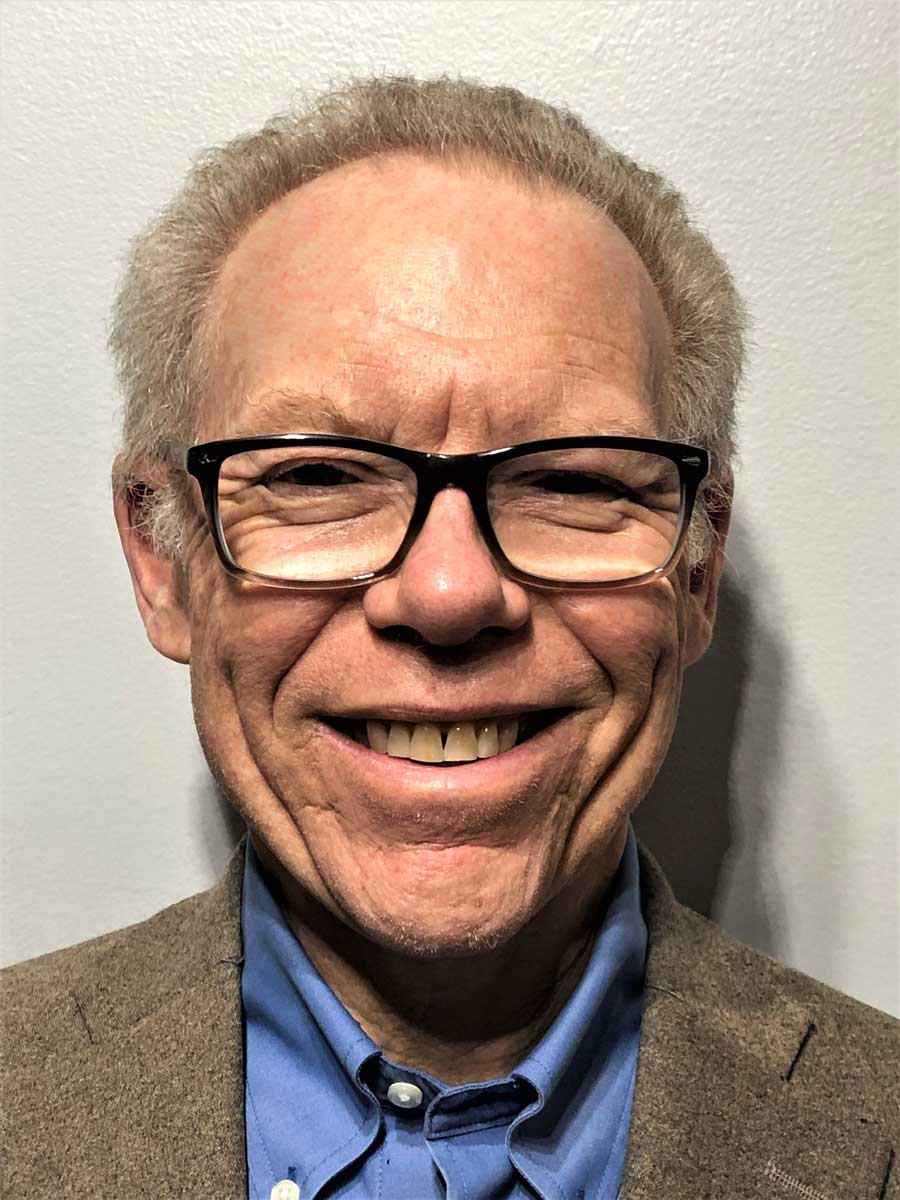WENK – (Who Else Needs to Know?)

 Part of a Year-Long Special Series on Nurturing Stewardship
Part of a Year-Long Special Series on Nurturing Stewardship
As one might expect, those of us involved in stewardship invest a lot of time and energy thinking about the Stewardship Committee (or Generosity Team, or whatever we call those brave and ferocious guardians of our congregation’s ability to thrive). And well that we should, as this is our core tribe. But if we are only talking to ourselves, the echo can be deafening.
A wise mentor taught me the acronym WENK – for Who Else Needs to Know? He would constantly ask: Who else would benefit from knowing what we are doing; who else could help us accomplish our mission? This is good advice. We in stewardship have partners – let’s identify some of them and talk about how we all might stay connected.
There are at least half a dozen other entities in the congregation, not counting the Board or the staff, that should have vibrant, proactive communications and some level of joint planning with Stewardship. You could surely think of others, but these are foundational:
- Membership: This one should be obvious to all. The Membership Team, in most congregations, takes the lead in visitor welcomes, in potential new member orientations, in new member integration, and identifying who is no longer an active member. Think there might be some stewardship implications in all of these areas?
- Finance: If Finance formulates the budget and tracks financial performance, they should begin with a realistic projection from Stewardship as to goals for the year; the two entities should be jointly monitoring how well commitments are being fulfilled throughout the year.
- Endowment: Any endowment worthy of the title has an active Legacy program that encourages people to include the congregation in their estate plans. This is a good thing, plus it helps foster a culture of sharing and generosity, which in turn benefits stewardship. These two entities should coordinate their campaigns, calendars, and literature for mutual support.
- Religious Education/Lifespan Spiritual Growth: Surprised to see this one listed? You should not be; including education about stewardship, sharing, generosity, and our responsibilities to each other are values to pass on to our children and youth, as well as in our adult enrichment programs. Many of the lower amount donors in your congregation are likely to be young families; they need to hear consistently that their gifts are appreciated at all levels and that yes, as their capacities grow, we hope their financial commitments to the congregation will as well.
- Social Justice: Social Justice is a major factor in many people’s decision to be Unitarian Universalists, the reason many joined your congregation. Social Justice may do a lot of fundraising and are likely involved in the Share the Plate program if your congregation has one (and it should – see our blog of December 15, 2014). Social Justice and Stewardship are natural partners in living our values. Coordinate your messaging and support each other.
- Community Outreach/Communications: Your congregation has a good story to tell and hopefully, your communications team is doing that, both with materials the visitor sees and in local media. Stewardship writ large is a part of that story. If I were a visitor and I learned that your congregation is self-sustaining, shares its offering plate locally and globally, helps sponsor congregations and causes in other countries, is honored by its national organization for sharing its precious resources –that is a congregation that I would want to know.
- Fundraisers: Your congregation likely has several groups that host fundraisers. One body should coordinate and approve all fundraiser schedules so they do not lead to donor fatigue and competition for attention and funds. If such a protocol does not exist, it can be useful for stewardship to build a tracking and coordinating calendar to share with the leadership. Build an understanding that too many fundraisers can have direct, detrimental effects on core stewardship and can lead the membership to feel that they are being put upon at every turn.
- The Caring Team: The stewardship team should be performing regular validation that pledges are coming in as expected. But when they are not, it’s not always Stewardship that should be making the first call to see why the pledge is not coming in. The drop off of a pledge is often an early indicator of other problems in the household or some dissatisfaction with the congregation. Having coordinating in place wherein stewardship can ask Membership or the Caring Team to check in on someone and pass the word if all is well or not is often a better first step than having stewardship ask about the pledge as a first step.
So How Do We Coordinate All These Entities? There are a few simple options that should do the job nicely:
- Share or Cross-Attach Members: Having someone serve on two or more of these entities or agree to be a liaison can help keep communication flowing.
- Good Minutes Make Good Neighbors: If your team takes good meeting notes, you can share them with the other groups, keeping each other current.
- Share a Calendar: Software like Google Docs and Dropbox make it easy for many people or groups to share a single planning and activity calendar. If each group takes this as an obligation under WENK, no one gets surprised by the other’s plans and events.
- Consider a Resource Council: Many congregations have formed a Resource Council. This is a coordinating body that meets usually quarterly or perhaps semi-annually to compare notes and data: do we all have the same financial data, are we aware of each other’s planning calendar, etc.? The Council usually has a representative from the Board, Finance, Stewardship, the Endowment, and Staff.
- Schedule Joint Meetings: Having Membership and Stewardship, for example, do a joint planning and review meeting, say semiannually, can go a long way towards building synergy and smoothing out the speed bumps.
So, are you and your team in the WENK club? Might you want to put up a WENK sign in your meeting area, or make it the last entry in your meeting agenda? Let’s talk to each other, please.
 Bill Clontz is a stewardship consultant with the Stewardship for Us Team, supporting the UUA. You can reach Bill via email at bill@stewardshipforus.com ,via the UUA’s Congregational Life (http://www.uua.org/finance/fundraising/index.shtml ), or through your regional staff.
Bill Clontz is a stewardship consultant with the Stewardship for Us Team, supporting the UUA. You can reach Bill via email at bill@stewardshipforus.com ,via the UUA’s Congregational Life (http://www.uua.org/finance/fundraising/index.shtml ), or through your regional staff.

Stewardship Consultant Barry Finkelstein has been a Unitarian Universalist congregational stewardship consultant since the Fall of 2007 and has worked with over 100 congregations on annual budget drives, capital campaigns, and strategic planning. This is Barry’s last post as he is retiring effective January 1, 2025.
